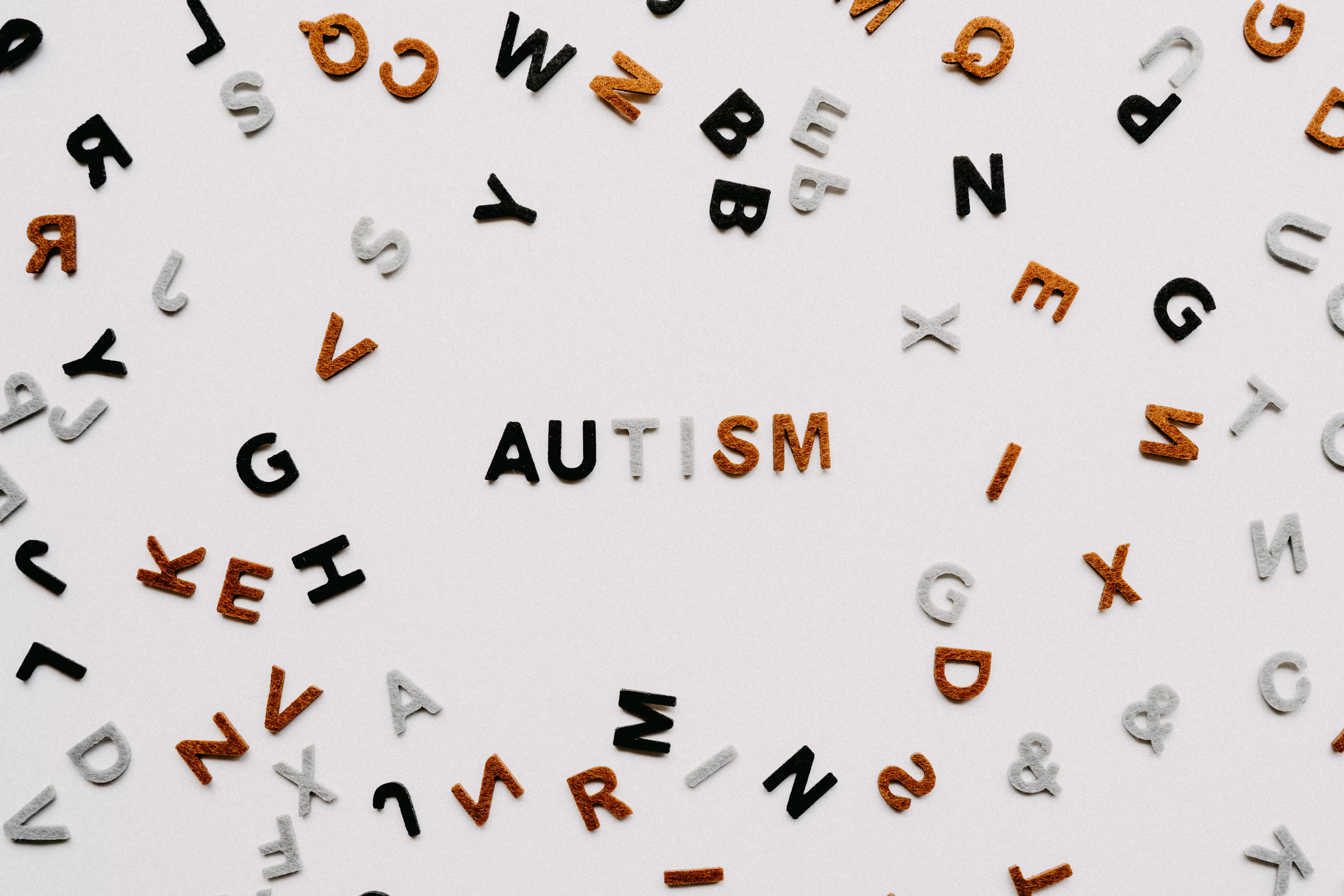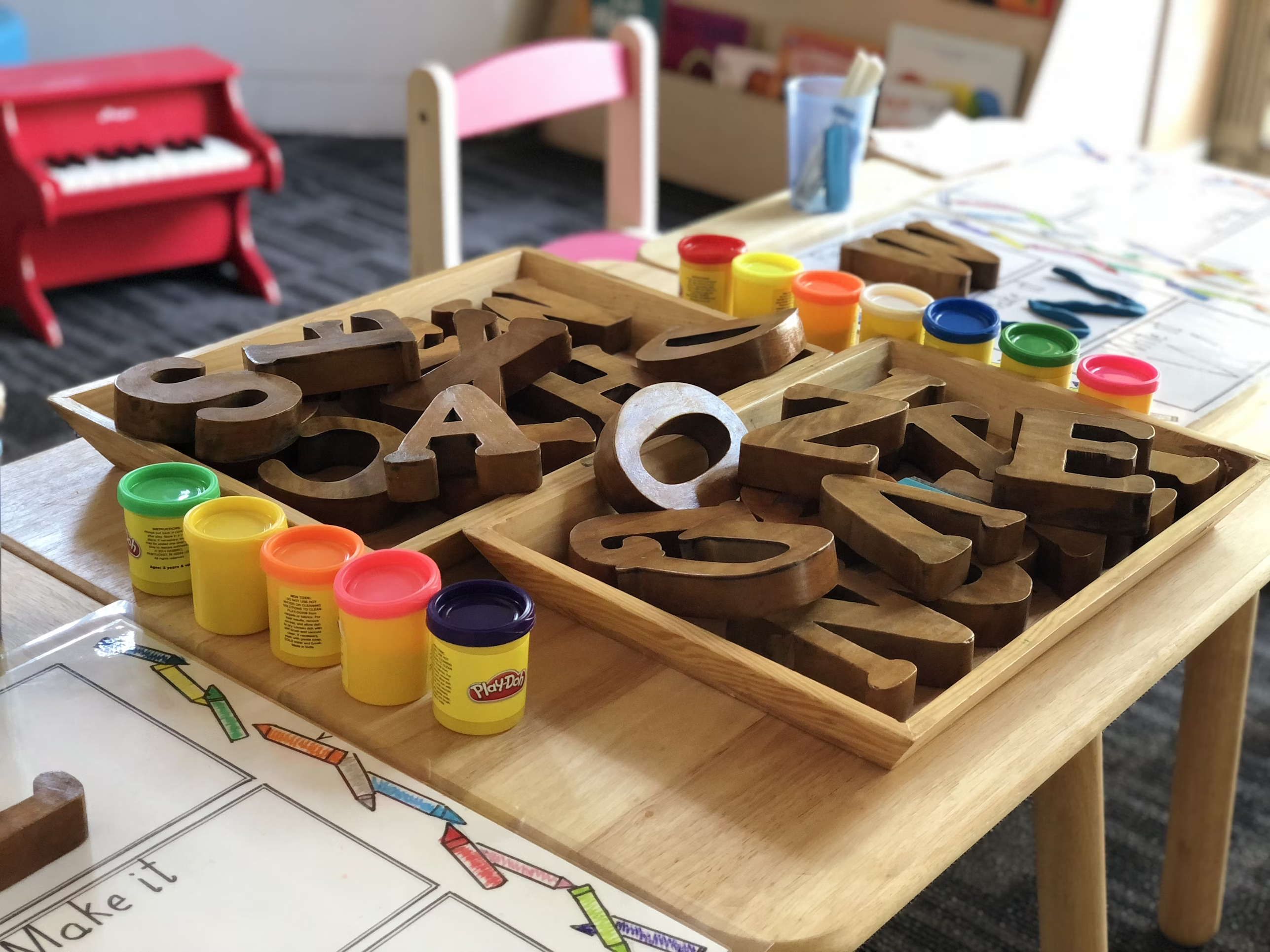Autism and Education: Creating Inclusive Learning Environments
The intersection of autism spectrum disorder (ASD) and education presents both unique challenges and opportunities for modern educational systems. As our understanding of autism continues to evolve, there is an increasing need to develop and implement effective educational strategies that support the diverse learning needs of students with autism while promoting inclusive classroom environments.

Understanding Autism in Educational Settings
Autism spectrum disorder manifests differently in each individual, affecting social interaction, communication, and behavior patterns. In educational contexts, students with autism may experience challenges with verbal and non-verbal communication, social interactions, sensory processing, and adapting to changes in routine. Recognizing these diverse needs is crucial for developing effective educational approaches.
The Individuals with Disabilities Education Act (IDEA) serves as the cornerstone of special education services in the United States. According to the Department of Education's statutory guidelines, every eligible student is entitled to an Individualized Education Program (IEP) that outlines specific educational goals, support services, and accommodations. This legal framework ensures that students receive appropriate educational services tailored to their unique needs.
Evidence-Based Practices and Support Systems
The Center on Secondary Education for Students with Autism Spectrum Disorder (CSESA) has developed comprehensive evidence-based practices that focus on:
- Academic skill development
- Social competence
- Transition planning
- Family engagement
- School and community partnerships
These practices have demonstrated positive outcomes in supporting students' educational progress and social development.
Implementation of Support Services
Educational institutions are increasingly adopting multi-tiered support systems that include:
- Specialized instruction
- Related services (speech therapy, occupational therapy)
- Behavioral support
- Assistive technology
- Transition planning services
These comprehensive support services are designed to address both academic and functional needs of students.
Adaptive Teaching Strategies
Structured Learning Environments
Creating predictable and well-organized learning spaces helps students with autism feel secure and focused. This includes:
- Clear visual schedules and routines
- Designated quiet spaces for sensory breaks
- Organized classroom layouts with minimal distractions
- Consistent daily routines and expectations
Individualized Learning Approaches
Educational success often depends on tailoring instruction to each student's specific needs:
- Personalized learning plans (IEPs)
- Multi-sensory teaching methods
- Technology-assisted learning tools
- Regular progress monitoring and adjustment
Family and Community Engagement
The Autism Society of America emphasizes the importance of collaboration between schools, families, and community resources. This partnership approach ensures:
- Consistent implementation of educational strategies
- Better communication between stakeholders
- Enhanced support for students across different environments
- Improved educational outcomes
Creating an effective educational environment for students with autism requires a comprehensive, flexible approach that combines structured learning environments, individualized instruction, and strong support systems. By implementing these strategies and maintaining open communication between all stakeholders, educational institutions can better serve students with autism and help them reach their full potential.
The future of autism education lies in continuing to adapt and improve our educational systems to meet the diverse needs of all learners. Through ongoing research, professional development, and commitment to inclusive practices, we can create more effective and supportive learning environments for students with autism.
Please feel free to contact us for additional information or assistance
Autism West Behavior Partners can assist parents in advocating for school support by facilitating access to Applied Behavior Analysis (ABA) services within public schools, as authorized by Colorado’s House Bill 22-1260.
By collaborating with both parents and educational institutions, we ensure that students with disabilities receive essential services during the school day to enhance learning outcomes, social skills and overall school experience.
https://www.autismwestbehavioralpartners.com/school
https://www.autismwestbehavioralpartners.com/
Email: info@awbpartners.com
Locations: Aurora, Northglenn, Westminster


